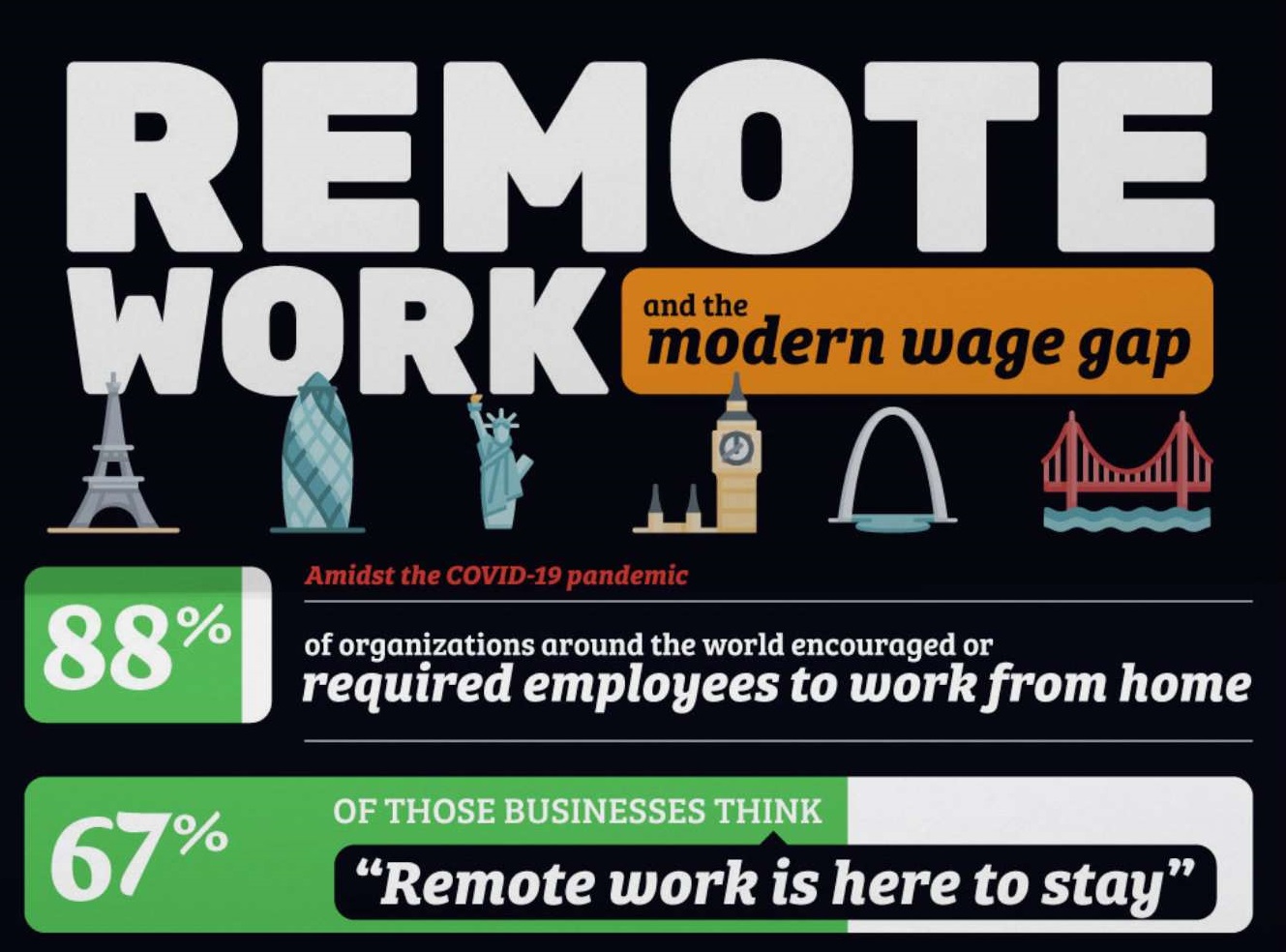In six years’ time, the global market for dietary supplements will reach $231 billion, nearly doubling from its 2019 position. In today’s age, many of these sales occur online, and 77% of all online supplement sales take place on one website: Amazon. Their supplements sales online are larger than the top 5 specialty vitamin sellers combined. While consumers often benefit from the convenience and ease of use Amazon has perfected, there are a few drawbacks to this arrangement.
The problem with the Amazon supplement market is that many of their selections are low-quality. Supplements are intended to make people healthier, but in 2018, 5,486 incidents involving vitamins, dietary or herbal supplements, or homeopathic medications were reported to Poison Control. Suspected vitamin overdoses have increased by 35% over the past two decades. According to the US Drug Induced Liver Injury Network, 20% of liver injuries are attributable to herbals and dietary supplements. Most concerning, one study estimates that nearly 1 in 3 people who take both herbal/dietary supplements and prescription medication(s) are at risk for an adverse drug interaction.
Beyond quality, another feature that makes Amazon’s supplement market dangerous is that many products featured on it are mislabeled. The most commonly mislabeled supplement type is bodybuilding, in which the label contains errors 82% of the time. The more widely used herbal/dietary supplements and single/multivitamins are mislabeled 52% and 49% of the time, respectively. Mislabeled supplements may contain far higher doses of their active ingredients than states, include unlisted ingredients (even pharmaceuticals), and/or lack at least one ingredient promised.
Even though the mislabeling practices listed above are illegal, there is little a customer can do to Amazon about it. 58% of Amazon’s sales are made by 3rd party sellers, limiting their liability in legal issues. Emboldened by these protections, Amazon is free to let its search algorithms promote suspicious supplements, including those who boast mostly fake or misleading reviews (up to 64% of supplements’ Amazon reviews are fake) and listings that leave off FDA-required labels. In one case, Amazon listings for supplements from a company being sued by the Department of Justice for COVID-19 related fraud continued to appear on the site. While Amazon is introducing measures like Project Zero and live verification to crack down on fraud, these programs are limited in scale and unlikely to fix the problem in its entirety.
All this proves to consumers is that they cannot rely on product labels or online listings to choose their supplements. They need to know how to find safe and effective products for themselves. There are three important steps to doing so: understand the regulations, look for signs of quality, and watch out for red flags.
In understanding regulation, form an idea for what aspects of supplements the FDA does and does not regulate. While the FDA does prevent supplements from claiming they treat, cure, or prevent disease, they do not evaluate supplements for general health claims, prevention, or treatment. In looking for signs of quality, checking for 3rd party testing (which all supplement sellers should provide a certificate of analysis, or CoA, for) and considering brands verified by the USP or NSF seal is a good bet. Finally, watching for red flags means being cautious when supplement shopping, especially on Amazon. Make sure the company has a presence beyond Amazon, that they specialize in supplements or health products, and that Amazon is an authorized seller of theirs. Most importantly, consult a doctor before starting any supplements, especially with medication.
To be forewarned is a chance to be forearmed. Don’t fall for fake supplements.




















